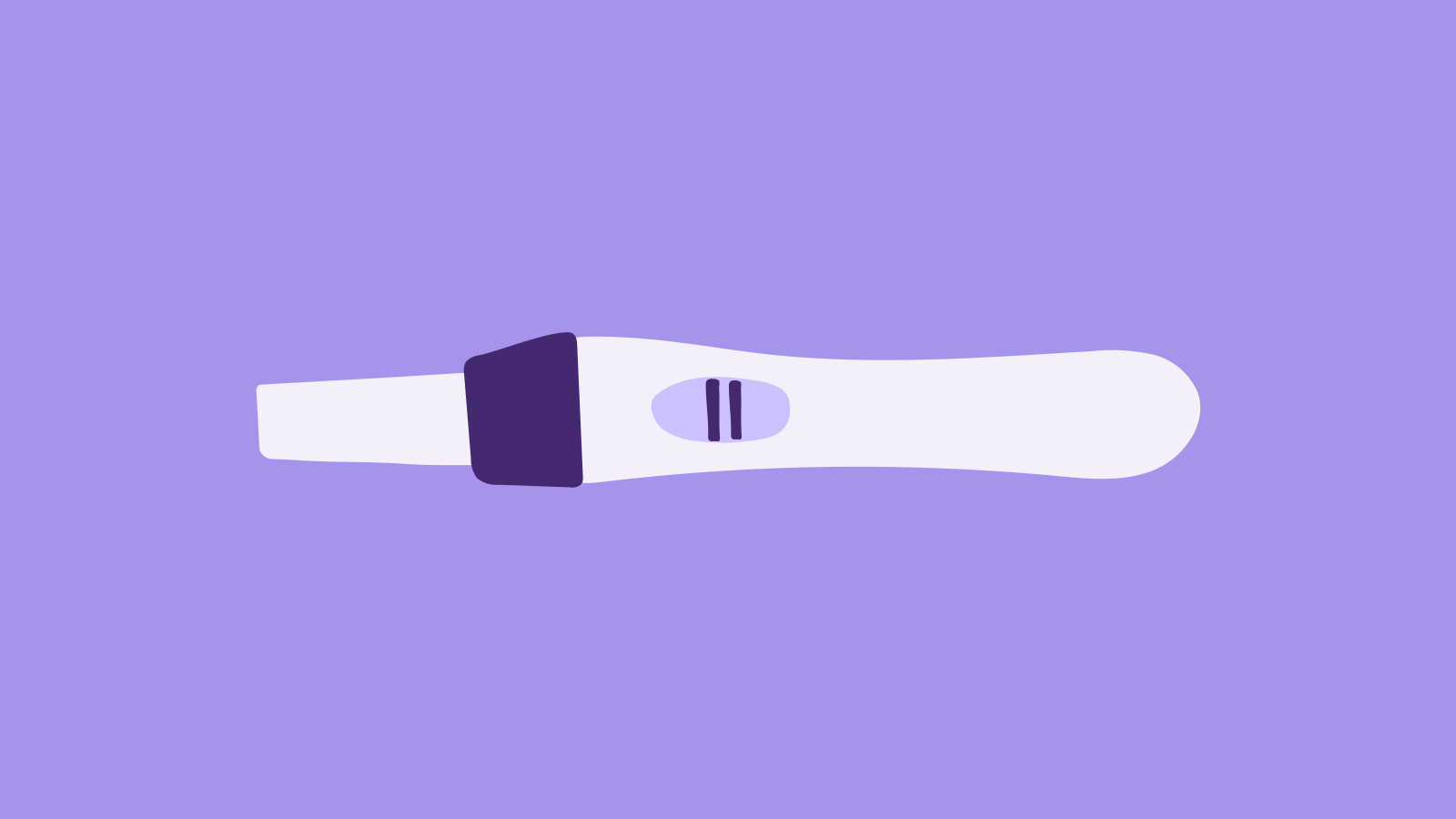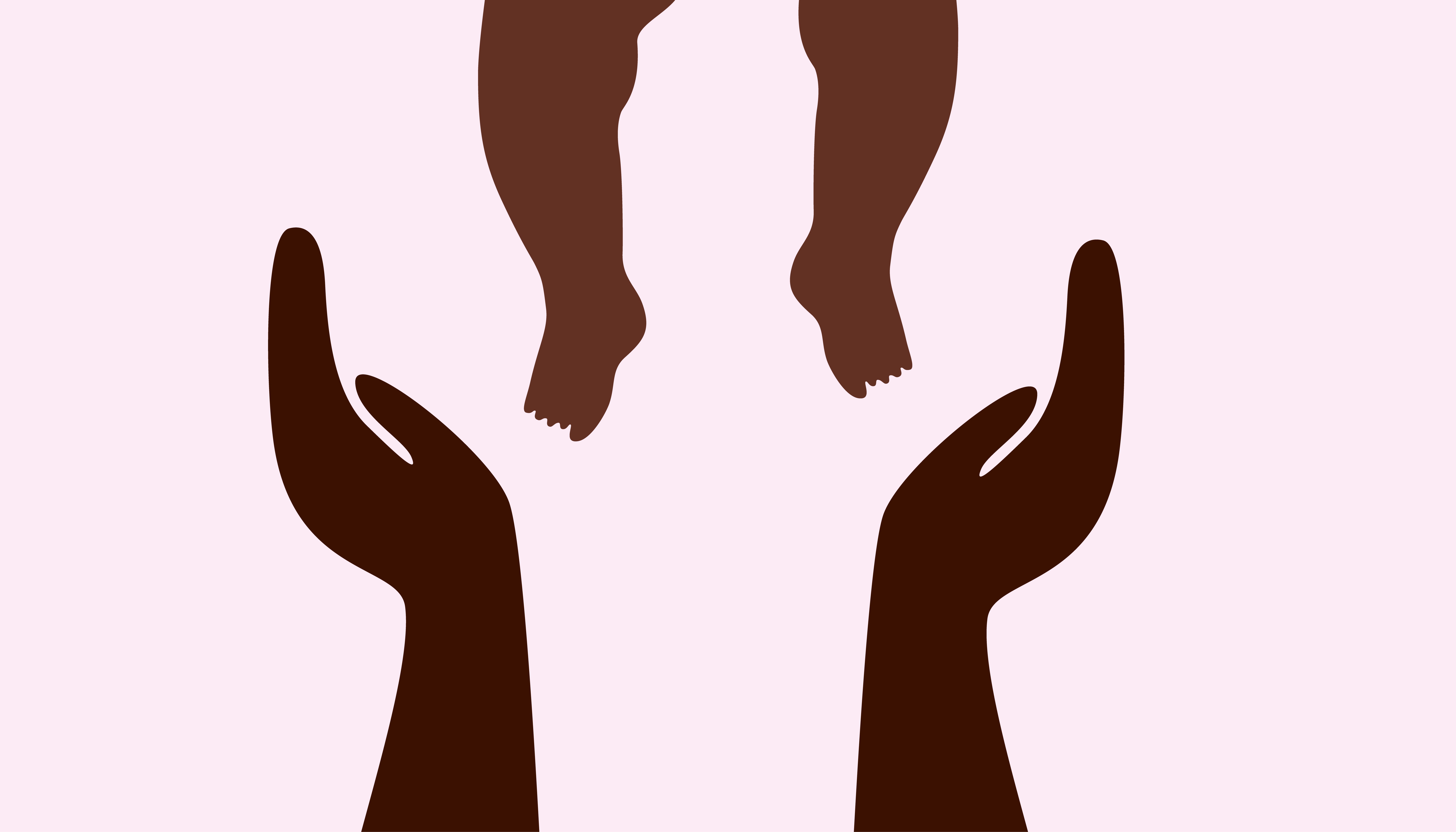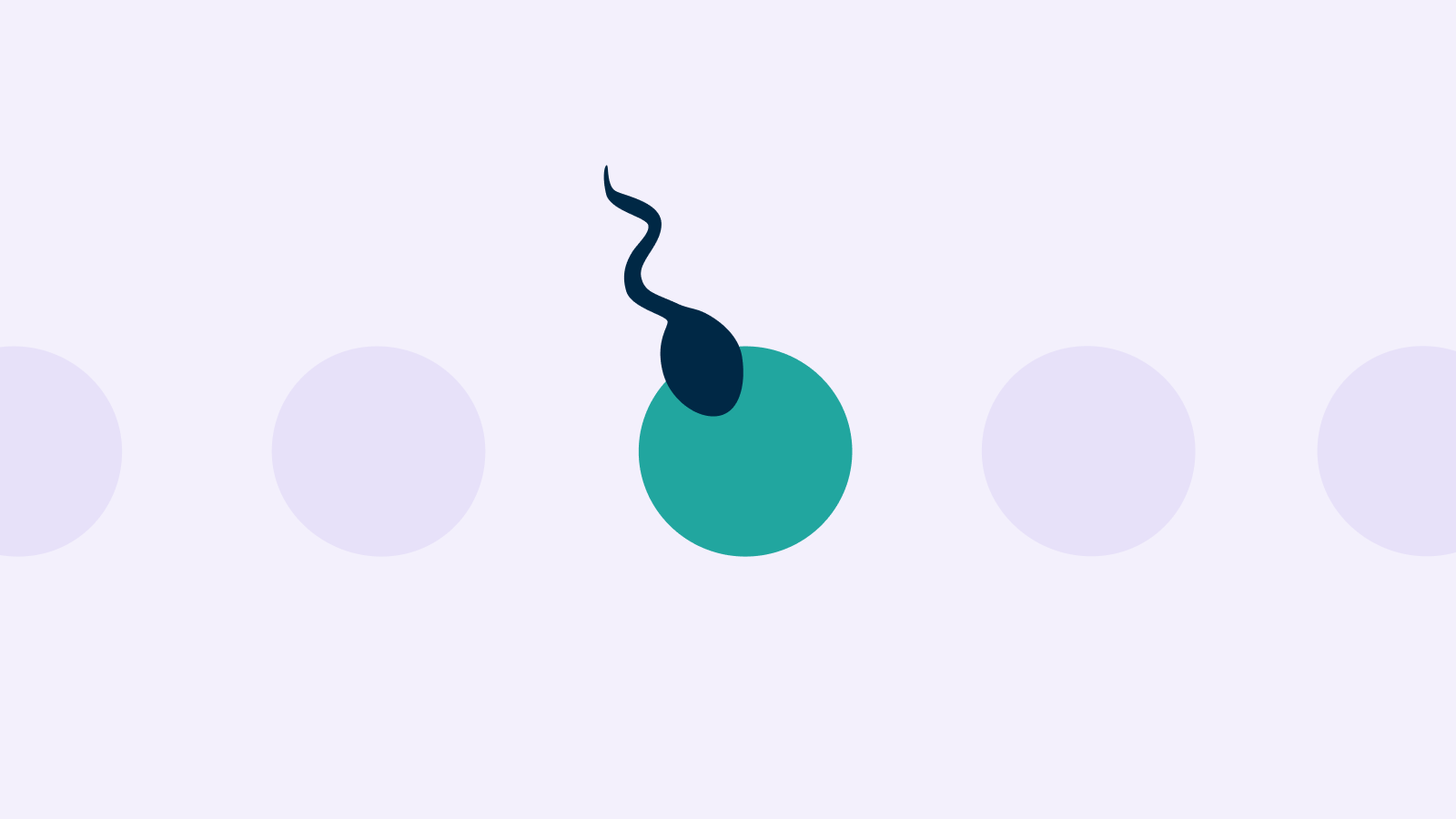Whether you’re planning a pregnancy and want to get ahead of the signs or you think you may be pregnant now, it’s important to remember that the early signs of pregnancy can be different for everyone.
That said, there are some common signs to look out for – even before you’ve taken a pregnancy test. A missed period, nausea and tiredness are some of the most common signs during the first 12 weeks of pregnancy.
What are early pregnancy symptoms?
Every pregnancy is different. You might experience noticeable changes in your body a few days after conception, or you might not notice any symptoms until you miss your first period.
Here, Dr Rosén shares the most common early signs of pregnancy.
1. A missed period
‘A missed period is the most obvious symptom of pregnancy,’ says Dr Rosén. It’s important to note that your period may be late for lots of different reasons, and it doesn’t necessarily mean you’re pregnant. Either way, it’s a good idea to take a home pregnancy test to rule it out.
Getting to know your menstrual cycle can help you determine if a changed or missed period is normal or a sign of pregnancy.
2. Nausea and vomiting
Nausea and vomiting is a very common early pregnancy sign and it happens in around 75% of pregnant women. ‘Nausea or morning sickness, with or without vomiting, usually starts a few weeks after conception,’ says Dr Rosén. ‘It can happen day or night.’
The reason for morning sickness isn’t fully understood. ‘It’s thought to be linked to hormonal changes caused by pregnancy,’ says Dr Rosén. To help, drink plenty of water, eat small portions of food often and avoid fatty and spicy foods, which can aggravate nausea.
3. Tiredness
Tiredness is a common early sign of pregnancy. ‘In early pregnancy, our progesterone hormone increases to support the pregnancy until the placenta is fully developed,’ says Dr Rosén. ‘This can cause your blood sugar levels and blood pressure to drop, which can make you feel tired. Some women may also get headaches and mood swings during the first trimester because of this.’
Try introducing light exercise or walking outside to help with fatigue.
4. Implantation bleeding or vaginal discharge
Some women will experience bleeding or spotting when pregnant, called implantation bleeding. This can be concerning, but it happens often in the early stages of pregnancy.
‘When the egg implants into the lining of the uterus, it can cause some bleeding. This happens around 10-14 days after conception, and can be mistaken for a period,’ says Dr Rosén. ‘It’s also typical to have some milky/whitish vaginal discharge because of hormonal changes.’
If you’re concerned about implantation bleeding or experience heavy bleeding, speak to a doctor or midwife.
5. Mild cramping
Cramping that’s similar to period pains can be another pregnancy symptom. ‘This happens because when the fertilised egg is implanted into the uterus, it causes the uterus to slowly grow and stretch,’ Dr Rosén explains.
6. Swollen or tender breasts
In the first few weeks of pregnancy, your breasts may feel swollen and tender, similar to before a period. This happens because of hormonal changes and increased blood flow to the breasts.
7. Changes to your pee or poo habits
‘You might need to pee more because there’s more fluid running through your blood vessels, which encourages your kidneys to make more urine,’ says Dr Rosén. ‘Higher levels of progesterone can also cause constipation, as digestion slows down while the placenta is being developed. To help, drink plenty of water and eat high-fibre foods like leafy greens or wholegrains.’
What symptoms should I speak to a doctor about?
‘Always discuss your pregnancy symptoms with your doctor or midwife – especially any symptom that worries you, or that you can’t explain,’ says Dr Rosén.
Always speak to a doctor if you’re experiencing:
- Heavy vaginal bleeding
- Intense headaches or a headache that lasts over a week
- Breathlessness or trouble breathing
- Lower abdominal pain or pelvic pain
- Swelling of your hands, face or legs
When should I take a pregnancy test?
The best way to find out if you’re pregnant is to take a pregnancy test. You can take a pregnancy test from the first day of your missed period.
‘Pregnancy tests analyse the levels of HCG, a hormone produced by cells surrounding the fertilised egg – the same cells that become the placenta,’ says Dr Rosén.
If you’ve had a positive pregnancy test, the next step is to speak to a doctor or local maternity services. Your healthcare team will provide you with information and support throughout your pregnancy.
What should I do if I don’t want to follow through with my pregnancy?
It should be every woman’s own choice to go through with a pregnancy or not. If you’re in doubt about what to do if you’re pregnant, there are confidential support services available to get guidance.
‘Abortions are very safe, and even if the actual process may be painful both physically and psychologically, it’s extremely rare that it causes long-term problems,’ says Dr Rosén.
If you become unexpectantly pregnant after unprotected sex, there are steps to take to minimise the chance of further unexpected pregnancies. You can speak to a doctor or local sexual health services about contraception options.
This article has been medically approved by Dr Elisabeth Rosén, a Livi doctor who specialises in obstetrics.


